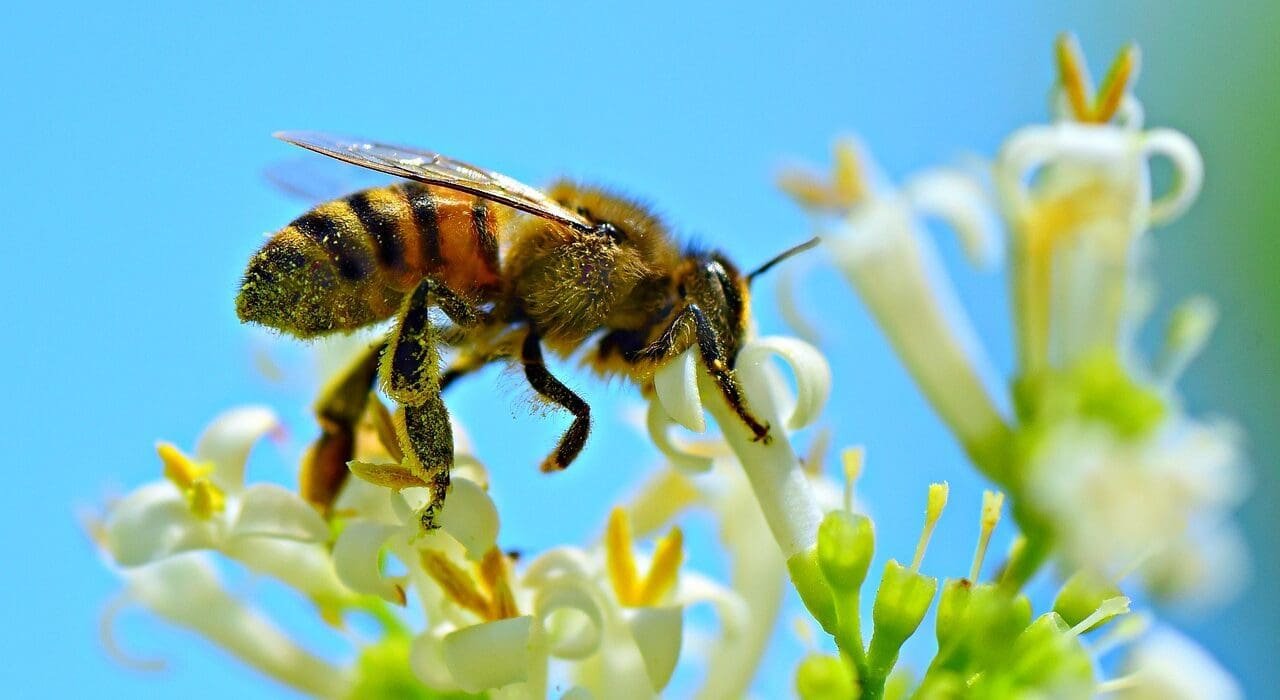Pollinators, including bees, butterflies, birds, and other insects, play a crucial role in maintaining the health of ecosystems and ensuring food security worldwide. Their contributions extend far beyond the production of honey and beautiful gardens; they are integral to the survival of many plants and, by extension, the animals that depend on those plants. This article explores the vital importance of pollinators, the challenges they face, and the actions we can take to protect them.
1. The Role of Pollinators in Ecosystems
Pollinators are responsible for the reproduction of approximately 75% of the world’s flowering plants, including many fruits, vegetables, and nuts. This essential service is vital for both natural ecosystems and agricultural systems.
- Plant Reproduction: Pollinators facilitate the transfer of pollen from the male part of a flower (anther) to the female part (stigma), enabling fertilization and seed production. This process supports biodiversity by ensuring the reproduction of various plant species.
- Food Production: Many crops rely on pollinators for successful yields. Pollinators contribute significantly to the global food supply, impacting everything from apples and almonds to coffee and cocoa. It’s estimated that pollination adds over $200 billion to the global agricultural economy annually.
- Ecosystem Balance: Healthy populations of pollinators support the growth of plants that provide habitat and food for other wildlife. This interconnectedness is crucial for maintaining ecological balance and biodiversity.
2. The Importance of Bees
Bees, particularly honeybees and native solitary bees, are among the most effective and well-studied pollinators:
- Honeybees: Managed for commercial pollination, honeybees are responsible for pollinating a wide variety of crops. Their social structure and ability to forage in large numbers make them particularly effective.
- Native Bees: These include bumblebees, mason bees, and many others, which are crucial for pollinating wild plants and crops. Native bees are often more efficient at pollinating certain plants than honeybees.
3. The Importance of Butterflies
Butterflies are not only beautiful; they also play a key role in pollination:
- Diversity of Pollination: Butterflies are attracted to a wide range of flowers and can pollinate many plants that are less accessible to other pollinators. They are particularly effective in pollinating plants with tubular flowers.
- Indicator Species: Butterflies are sensitive to environmental changes, making them important indicators of ecosystem health. Monitoring their populations can provide insights into the overall health of habitats.
4. Challenges Facing Pollinators
Despite their critical role, pollinator populations are declining due to several factors:
- Habitat Loss: Urbanization, agricultural expansion, and deforestation reduce the availability of flowers and nesting sites for pollinators.
- Pesticides: The use of harmful pesticides can directly kill pollinators or disrupt their foraging behavior and reproduction.
- Climate Change: Changes in climate can alter the timing of flowering plants and the availability of food sources, impacting pollinator life cycles and migration patterns.
- Disease and Parasites: Pollinators face threats from pathogens and parasites, such as the Varroa mite, which affects honeybee populations, leading to colony collapse.
5. Conserving Pollinators
To protect pollinators and ensure their continued contributions to ecosystems and agriculture, several actions can be taken:
- Creating Pollinator Gardens: Planting diverse flowers that bloom throughout the season can provide food sources for pollinators. Native plants are especially beneficial, as they are adapted to local ecosystems.
- Reducing Pesticide Use: Homeowners and farmers can adopt integrated pest management strategies that minimize pesticide use and prioritize non-toxic alternatives.
- Restoring Habitats: Protecting and restoring natural habitats, such as wildflower meadows and hedgerows, can provide essential resources for pollinators.
- Supporting Local Farms: Choosing to buy local, organic produce can encourage sustainable farming practices that protect pollinators.
- Education and Advocacy: Raising awareness about the importance of pollinators and advocating for policies that protect them can lead to positive changes at the community and governmental levels.
Conclusion
Pollinators are vital to the health of our ecosystems and the stability of our food supply. By understanding their importance and the challenges they face, we can take meaningful steps to protect and support these essential creatures. Whether through planting pollinator-friendly gardens or advocating for sustainable agricultural practices, every action counts in the fight to preserve our invaluable pollinators. Together, we can ensure that bees, butterflies, and other pollinators continue to thrive, sustaining the ecosystems upon which we all depend.

